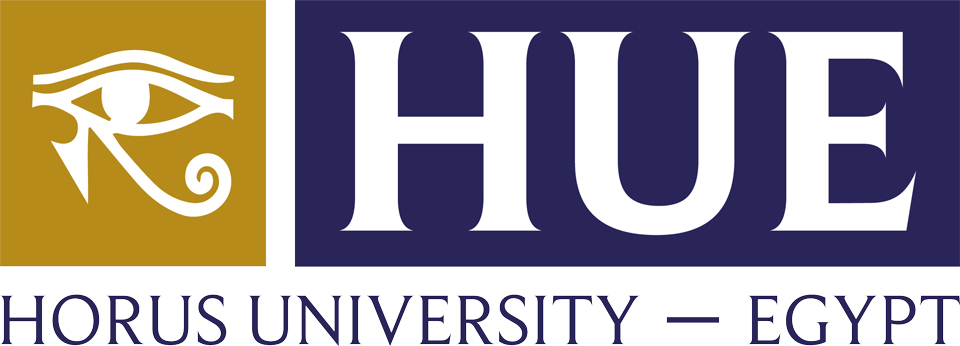
How Online Casinos Handle Customer Data and Privacy
In an increasingly digital world, the importance of data privacy and protection cannot be overstated, particularly in sectors like online gambling. How Online Casinos Handle Customer Data and Privacy https://bestcoinflip.org/best-coinflip-gambling-sites/ are required to manage extensive customer data, ensuring it is handled securely and in compliance with various regulations. This article delves into the intricate processes that online casinos implement to safeguard customer information while also enhancing user experience.
The Importance of Data Privacy in Online Gambling
Online casinos accumulate vast amounts of sensitive data, including personal information, financial details, gameplay history, and preferences. This data, if compromised, could lead to identity theft, fraud, and financial loss for players. Consequently, protecting this information is vital—not only to comply with laws but also to maintain trust and credibility in the competitive online gaming market.
Regulatory Frameworks Governing Data Privacy
The online gambling industry is subject to various laws and regulations designed to protect consumer privacy. These include the General Data Protection Regulation (GDPR) in Europe, which imposes stringent requirements on how companies collect, store, and process personal data, and the California Consumer Privacy Act (CCPA) in the United States, which grants consumers greater control over their personal information. Many online casinos also adhere to additional guidelines set by licensing authorities, ensuring they operate under strict standards of fairness and security.
Data Collection Practices
Online casinos typically gather data through several means, including user registration forms, payment processing, and customer interaction channels (like live chat and customer service). During the registration process, players provide personal information such as name, address, email, date of birth, and payment details. This data collection is necessary to create accounts, verify identities, and facilitate transactions, but it also raises questions regarding consent and transparency.
Security Measures for Protecting Customer Data
To safeguard the data they collect, online casinos employ a variety of advanced security measures:

- Encryption: Data encryption is a fundamental aspect of online security. Casinos use SSL (Secure Sockets Layer) encryption to protect sensitive information during transmission, making it difficult for unauthorized parties to intercept data.
- Firewalls: Robust firewall technologies help to block unauthorized access to the casino’s internal network, protecting servers that store sensitive customer information.
- Regular Security Audits: Many reputable online casinos undergo regular audits conducted by independent security firms to ensure compliance with the latest security standards and identify potential vulnerabilities.
- Employee Training: Staff training on data protection best practices is essential. Employees must understand their role in safeguarding customer information and adhere to the casino’s data protection policies.
Data Use and Analysis
Online casinos not only collect data but also utilize it to enhance user experience. By analyzing player behavior, casinos can provide personalized gaming experiences, targeted promotions, and improved customer support. For example, if a player frequently engages with certain games, the casino might suggest similar titles or offer promotions tailored to those preferences. However, this data analysis must be conducted ethically, ensuring that player consent is obtained before using their information for marketing purposes.
User Rights and Control Over Data
With the introduction of regulations such as the GDPR, users are granted specific rights regarding their personal data. Players can request access to their data, seek corrections, request deletion of information, and object to data processing for marketing purposes. Online casinos are required to provide transparent information about how they use data and how players can exercise these rights.
Challenges and Concerns
Despite the robust measures in place, online casinos still face several challenges regarding data privacy. Cyber threats are constantly evolving, and casinos must stay ahead of potential breaches. Additionally, maintaining compliance with diverse international regulations can be complex, especially for platforms that operate in multiple jurisdictions. There is also an increasing expectation from consumers for transparency when it comes to data usage and privacy policies.
Future Trends in Data Privacy for Online Casinos
As technology evolves, so too do the methodologies for protecting customer data. Future trends may include the adoption of blockchain technology, which could offer decentralized and immutable records of customer interactions, thereby enhancing transparency and security. Additionally, artificial intelligence (AI) can play a role in predicting and mitigating potential security threats in real-time.
Conclusion
Online casinos operate in a landscape where customer data privacy is of utmost importance. By adhering to regulatory frameworks, implementing robust security measures, and facilitating user control over data, these platforms can create a safe environment for players. As the industry continues to evolve, ongoing innovation and commitment to privacy will be essential in building and maintaining customer trust in online gambling.

